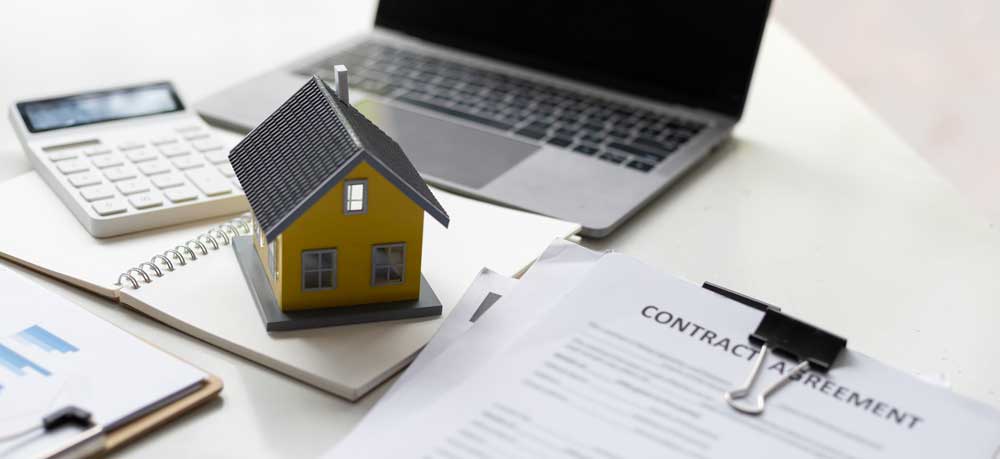If you are using a screen reader or other auxiliary aid and are having problems using this website, please contact us at 1.800.633.7077.
Is rental property right for you?

Is rental property right for you?
Many people invest in rental property, and it can be a rewarding venture. But, it's important to weigh the pros and cons before taking the plunge yourself.

Pros of owning rental property:
- Rental Income: One of the biggest advantages of rental property is the potential for steady rental income. This can provide a reliable cash flow and serve as a source of passive income.
- Property Appreciation: Real estate often appreciates over time, meaning your investment property could increase in value. This equity can build up over time and potentially offer substantial returns when you decide to sell.
- Tax Benefits: Rental property owners can take advantage of various tax deductions, including mortgage interest, property taxes, maintenance costs, and depreciation. Consult a tax professional to maximize these benefits.
- Diversification: Owning rental property can diversify your investment portfolio, spreading risk across different asset classes beyond stocks and bonds.
- Investment Control: You can influence your rental property value through renovations, improvements, and management.
Cons of owning rental property:
- Time and Effort: Managing rental property requires time and effort. From tenant screenings to maintenance issues, being a landlord can be demanding and may require hands-on involvement, especially if you manage the property yourself.
- Vacancy Risks: If your property sits vacant, you won't generate rental income, which can impact your cash flow and financial planning.
- Property Maintenance: Repairs and maintenance are inevitable costs of owning rental property. Budgeting for these expenses is crucial to avoid financial strain.
- Tenant Issues: Dealing with problematic tenants, such as late payments or property damage, can be stressful and time-consuming. Screening tenants thoroughly can mitigate some risks, but challenges may still arise.
- Market Volatility: Real estate markets can be volatile, affecting property values and rental demand. Economic downturns or local market shifts could impact your investment's profitability.
Investing in rental property can be a profitable venture with careful planning and management. Understanding the potential benefits and drawbacks is essential for making informed decisions. Whether you're looking for additional income or long-term investment growth, rental property can offer opportunities, but it's crucial to assess your financial goals and risk tolerance before diving in. Seeking advice from real estate professionals and financial advisors can also provide valuable insights tailored to your specific situation.